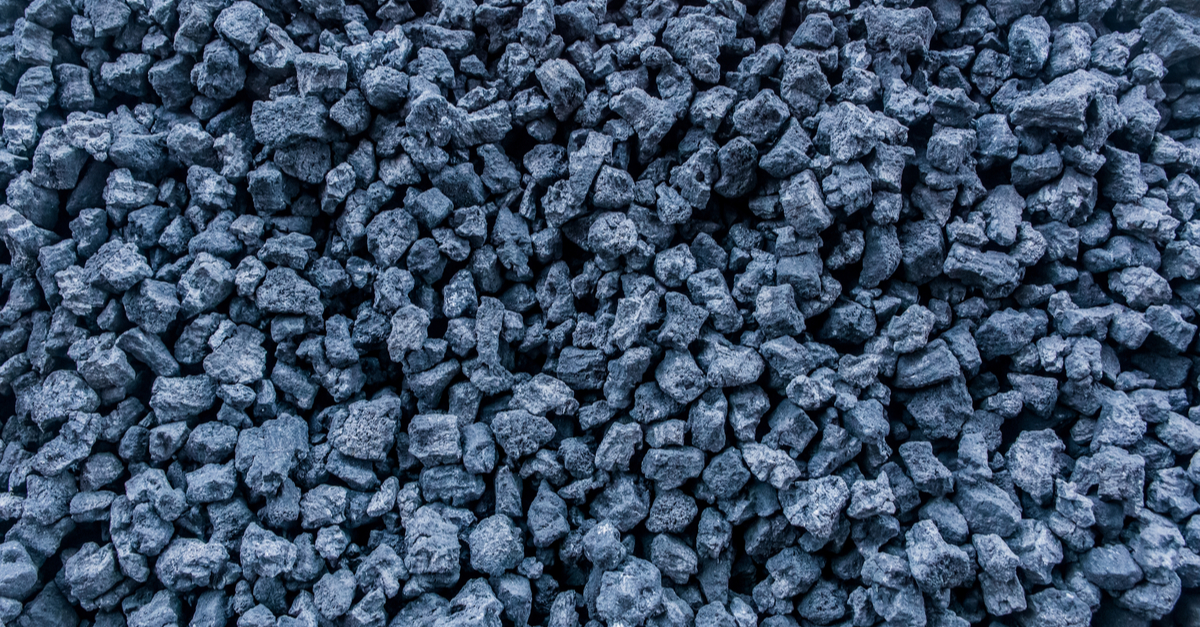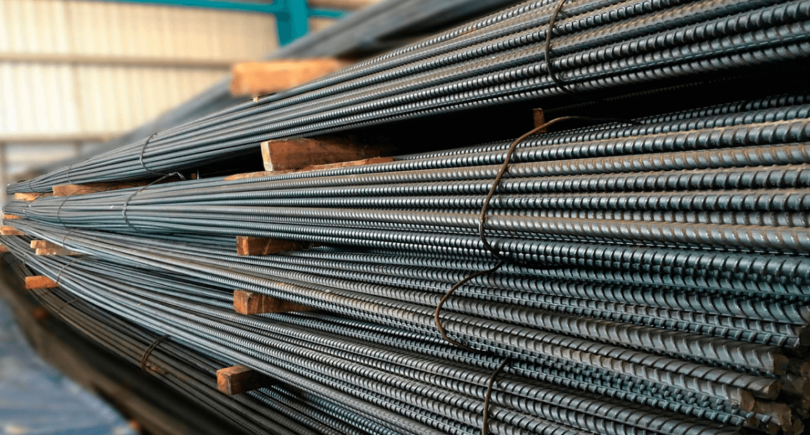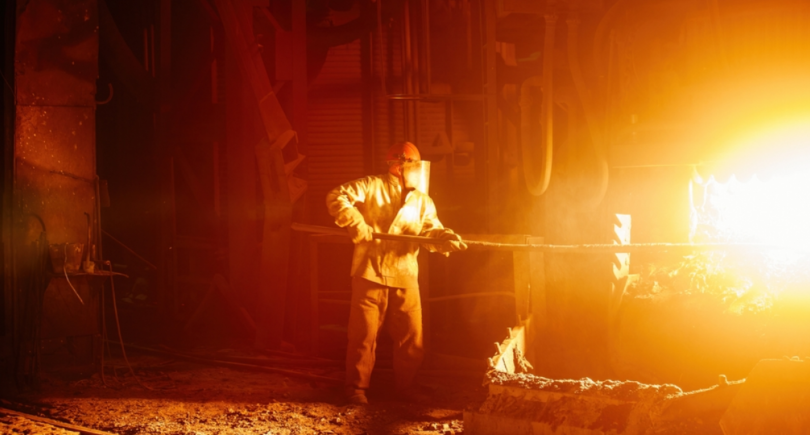
News Industry coking coal 2458 16 December 2024
The balance on the market of coke and coking coal may again shift in the direction of imports
In Ukraine, the share of domestic coal in coke production amounted to 72.5% in 11 months of 2024. But before the full-scale invasion, the situation was radically different, with imports accounting for up to 80%.
According to GMK Center’s study “The Balance of the Coking Coal Market in Ukraine”, the focus on domestic supplies was a consequence of the hostilities, when iron and steel production declined and imports became more difficult.
Analysts say that to maintain production of 6.5 million tons of BF-BOF & OHF steel and 1.3 million tons of merchant pig iron, Ukraine needs 3.2 million tons of coke per year, of which up to 20% is currently imported. These volumes also require about 3.8 million tons of coal concentrate, of which 3.1 million tons are locally produced.
As you know, last week it was announced that one of the country’s largest coal producers had temporarily suspended its coking coal production capacity. According to GMK Center analysts, Pokrovske Coal Mine share in the supply of coking coal in Ukraine was 66% in 2023. This means that the domestic industry may need to find sources of supply for up to 2.5 million tons of coking coal or coke.
At the same time, further development and increased utilization of existing capacities will require an increase in imports. While in 2021 Ukraine imported 0.79 million tons of coke, in 2024 imports amounted to 0.7 million tons in 11 months, with steel production 3 times lower.
The study says that coal imports to Ukraine before the full-scale invasion amounted to 11.5 million tons, of which 2.4 million tons were by sea. Thus, it is physically possible to import 2-3 million tons of coking coal from such destinations as Australia, the United States or Canada, provided that Ukraine’s seaports operate safely and the price is adequate on world markets. The price of coking coal remained stable in November. In Australia, premium coking coal was priced at $203 per tonne on FOB Australia.
Analysts believe that it is possible to physically supply iron & steel sector with imported coal, but the question of the economic feasibility of imported raw materials arises.
Coal from Australia (hard coking coal) will cost by approximately $50 more, incl. transport costs. It will add 11% to the production costs of crude steel. Currently, steelmakers do not have such a margin to cover these additional costs. According to our estimates, the EBITDA margin of steel production in 2024 will be negative. Therefore, there may be a question of lowering exports of Ukrainian steel products to certain regions, associated with higher transport costs. As a result, steel production in Ukraine will reduce.




